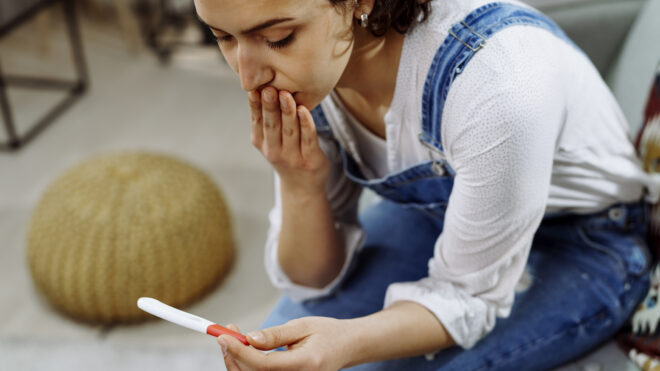I have only been in two monogamous relationships in my life. In college, I spent a year hopelessly in love with a boy going through a sexual identity crisis. The second happened more recently: After identifying as polyamorous for the past three or so years, I agreed to be temporarily monogamous with a former girlfriend.
I’d fallen hard for her and wanted to give monogamy a try. In the meantime, she agreed to read "Opening Up," one of the most famous poly how-to guides. The differences in our relationship styles were too great, however, and it became clear that neither of us could be what the other needed. After we split, I began considering poly as more of an identity than a preference.
I stumbled into polyamory: I came out as bisexual after graduating college, and the first woman I dated had a boyfriend. It was an exercise in poly mishaps: I wanted to exclusively date her rather than date them as a couple. Her boyfriend was jealous — before me, he didn’t feel threatened by his girlfriend’s relationships with women.
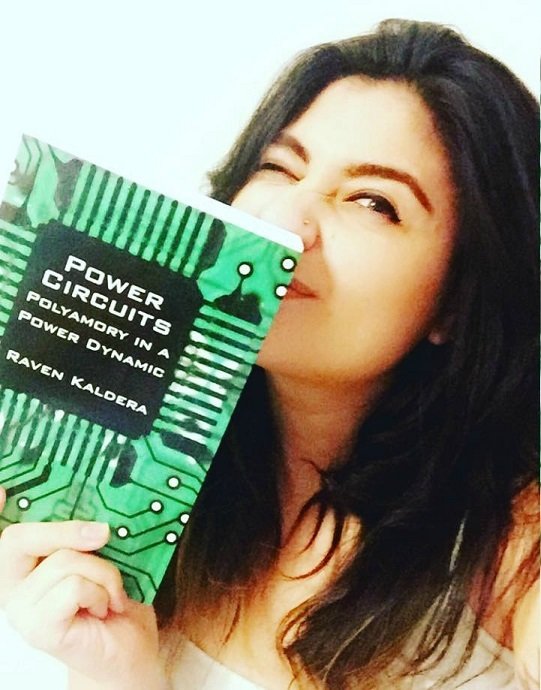
This attitude toward queer women’s' relationships is a common example of heterosexism. There’s even a word for it: the one-penis policy. I think he felt “left out” or entitled to a similar relationship with me, despite my disinterest.
Eventually, we all became involved in sexual scenarios, in part because I didn’t firmly enforce my boundaries, but mostly due to his dubious attitude toward consent.
Despite my first failed attempt, poly still appealed to me. It felt right. I started seriously considering that it might be a part of my orientation in the way that bisexuality is.
When I began dating on OkCupid, I filtered out users who listed themselves as monogamous. I also mentioned poly upfront whenever I met people offline. Most people were open to it or had at least heard of it — OkCupid even has new poly-friendly features.
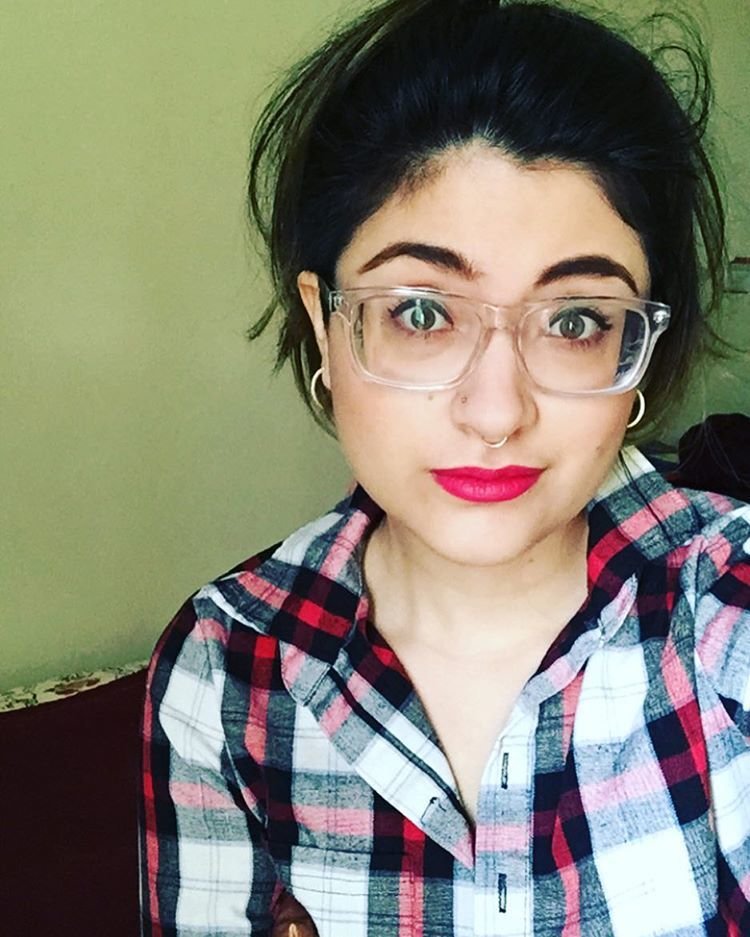
I’m still learning what works for me in my poly relationships. I’m also currently in a sex educator certification program. One of my most recent webinars was about alternative love and relationship styles.
In it, professor Rosalyn Dischiavo, a marriage and family therapist and the founder of the Institute for Sexuality Education and Enlightenment, discusses the cultivation of a poly identity in a handful of different ways.
Namely, she separates polyamory into four categories: identity, orientation, capacity, and practice. Some of these terms I understand implicitly – poly as an intrinsic part of a person’s personality with regard to relationship style, and poly as a sexual orientation. Surprisingly though, I keep coming back to the latter terms and wondering which combination of descriptors I apply to myself.
Here are some of my self-discoveries:
Honesty is my best policy
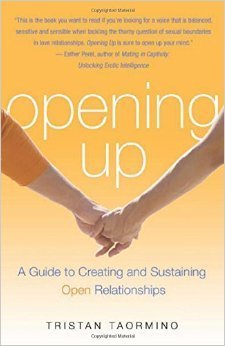
I briefly dated a friend who said he was cool with me going out on dates with other people, but was uncomfortable knowing even the minutest details of those dates. A "don’t ask don’t tell" policy would have to be used for this relationship to work, but I realized almost immediately that isn’t my style.
I value open, honest, and enthusiastic communication as a means of building trust and confronting natural feelings of jealousy. I find that open communication helps me instead of developing compersion — or deriving happiness from fulfilling your partner's sexual and romantic desires.
There is no limit on the love I am able to give or receive
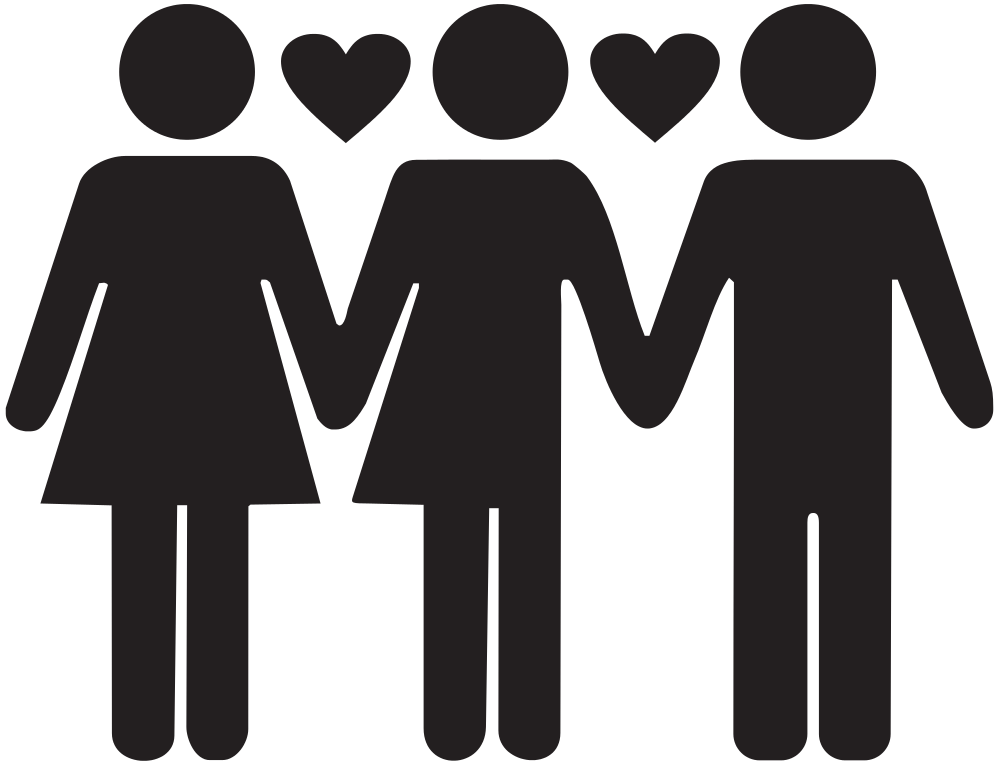
Last year, I dated a couple and learned that I truly have the capacity to simultaneously experience several different types of love. I fell for my then-girlfriend quickly, with an intensity that bordered on blinding; my love for her husband grew slowly and more sweetly, but was still deeply felt.
In this relationship, I didn’t necessarily feel jealous — I went to their wedding and had an amazing time — but I did feel a strange loneliness. It was a combination of feeling like an outsider to their well-established love, but also gratitude and joy at being briefly included as a part of it.
Life is an unlearning process
My relationship with this couple ended painfully and abruptly. It was a lesson in couple privilege — a systemic privilege in a compulsive monogamy culture — and taught me that even people who care about you can hurt you when they are afraid.
The end of this relationship also taught me that no one belongs to anyone. I learned to analyze my ingrained ideas about how relationships should progress: what form they should take and what events or markers need to transpire to make the relationship valid.
The poly community calls this the "relationship escalator," and recognizing it was incredibly liberating, though it tends to be a lesson I need to revisit again and again. It is difficult to unlearn the ways people — especially women — are socialized to expect relationships to grow and the goals (marriage, children, life partnership 'til death) we are taught to work toward without much consideration for our own individual and idiosyncratic desires.
I'm still unlearning them.
I belong only to myself
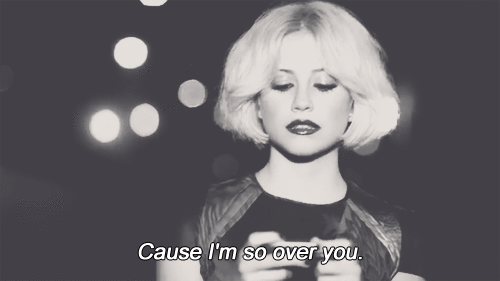
My commitment to alternative love and relationship styles is made up of a lot of things. It is, first and foremost, a commitment to my own autonomy, my selfhood, and my freedom. I think this is possible in monogamous relationships since there are people who practice monogamy in a conscious and deliberate way, but I now recognize my own tendency toward losing myself in a relationship.
Polyamory helps me keep this in check. It reminds me that I belong only to myself. When a partner is with another partner, for example, and when I am feeling anxious, or jealous, it becomes my responsibility to examine why I feel that way.
Usually, it has to do with my ideas of self-worth and what makes my relationship valid or not, and it’s on me to confront that. Good partners, of course, will be compassionate, understanding, and supportive, but my ability to care for myself makes me feel stronger, more secure, and more self-reliant. These qualities, in turn, make me a better partner.
Communication is the key to intimacy
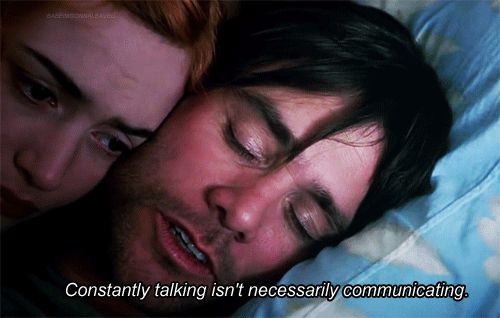
Being unable to verbally advocate for myself, especially in sexual situations, is a key element of the trauma I've experienced in my life. Poly challenges me to vocalize exactly what I need in every aspect of my relationships, and this has provided me with an enormous opportunity for growth.
I used to say that sex is something you can do with your body sometimes, if you want to, but I’ve learned that sex can also be more than that – if you can ask for what you want.
Sex can be awkward and giddy and joyful: A sweetie asked tentatively, "Soooo, should we make out?" on my fourth date with him and his partner, and we spent several minutes giggling and sitting in a triangle like middle school kids playing spin-the-bottle, before we finally worked up the courage to get naked.
I've learned sex can be tender and kinky, the dynamic sometimes shifting from one moment to the next. I've also learned that kink can illuminate parts of yourself you weren't aware of. It can be a way to give yourself over to another person, but temporarily and safely instead of entirely and without limit.
I've learned that sex can also be making love. It can be intimate and profound. This is a lesson I treasure.
There’s no "right" way to do it
Over the past two years, I've encountered a lot of different ways to "do" polyamory, and they've all helped me learn a lot. By running my blog Along Came Poly, I’ve connected with other poly bloggers and learned what elements of non-monogamy can be political, even radical and how the way you choose to love can challenge deeply ingrained social norms and values.
I've also learned how, personally, non-monogamous relationship styles can challenge me to live more mindfully, to lean into uncertainty and prioritize curiosity and joy over fear. And, in its more difficult moments, poly has taught me about my own boundaries and limits: It has helped me realize when to say no, and how to be protective of my needs, not just the needs of others.
On the other hand, poly has also challenged me to embrace deeper levels of empathy:striving to see a situation from a metamour’s (a partner’s partner) point of view, for example, despite the uncomfortable feelings it may raise in me, is a strenuous, but valuable, exercise. Learning to tread the line between these two things is both painful and illuminating.
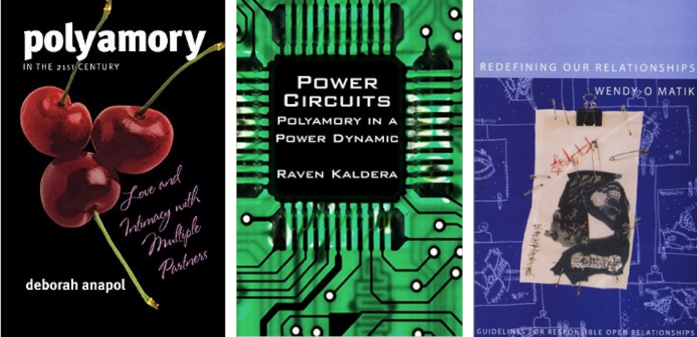
I recently told my dad that I'm drawn to the challenge of polyamory because this relationship style helps me become the type of person I want to be. He said, baffled and a little resigned, "Someday you'll get tired of everything being challenging."
Maybe that’ll prove to be true. I do experience stress and emotional upheaval at times, but the rewards I encounter are greater: I am challenged to become a more self-aware person, responsible for owning and communicating my needs.
I am challenged to become more compassionate and empathetic, not only to my partners, but to the people who they love, and who love them. I am challenged to love bravely, and it is something I aspire to, every day.
Cover image courtesy of Christina Tesoro

